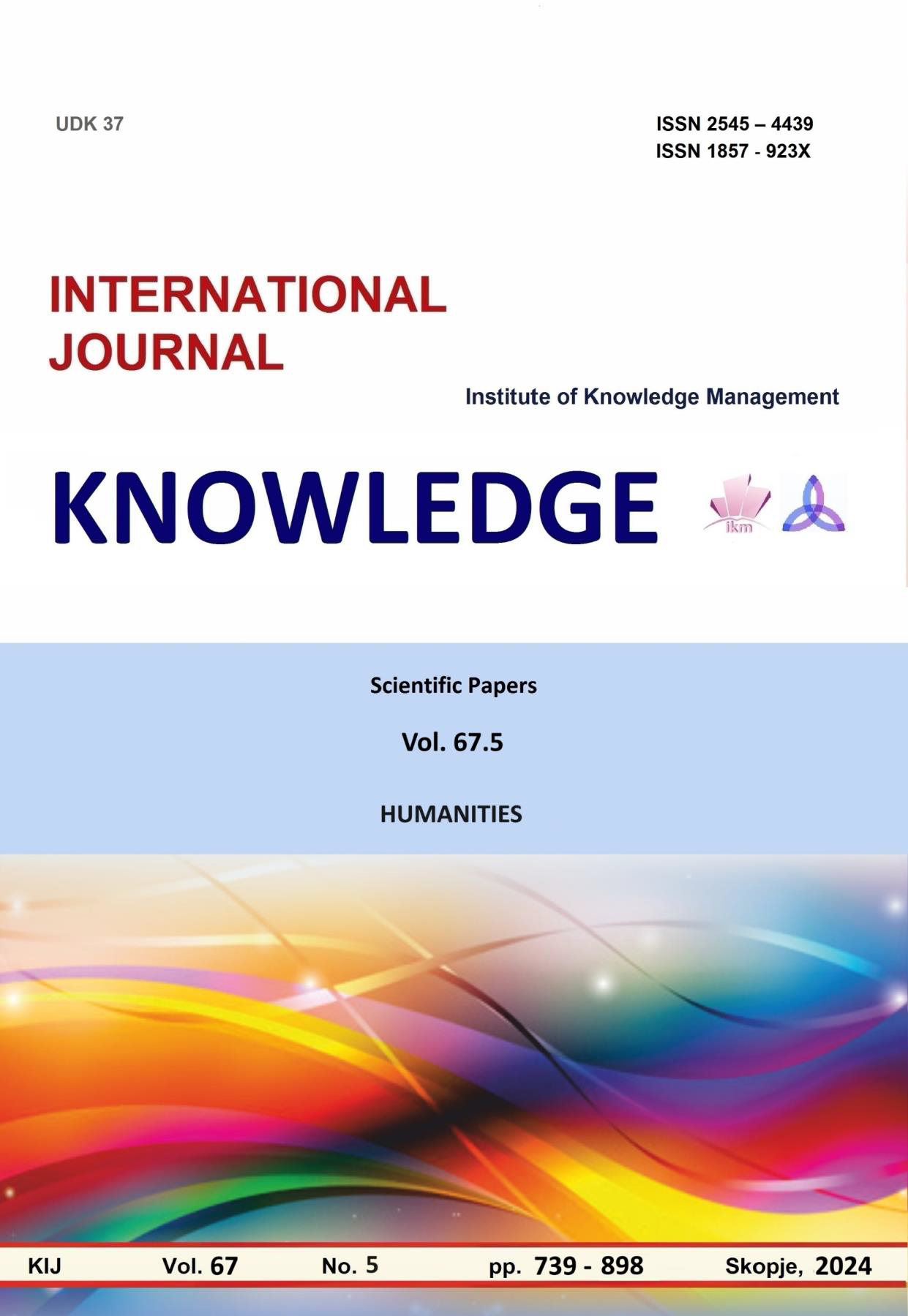BULLYING, A DISTURBING PHENOMENON PRESENT IN PRIMARY SCHOOLS IN MACEDONIA
BULLYING, A DISTURBING PHENOMENON PRESENT IN PRIMARY SCHOOLS IN MACEDONIA
Author(s): Mariana Prilepchanska Krupishki, Jasminka DurdubakovaSubject(s): Social Sciences, Education, School education, Educational Psychology, Pedagogy
Published by: Scientific Institute of Management and Knowledge
Keywords: Bullying;education;students;violence
Summary/Abstract: No country is immune to bullying crisis. This is one of the reasons why most people in institutions, media and agencies spread the message that bullying has adverse effects on both victims and many other things as well. Where did the word "bullying" come from? The term originates from the Middle Dutch word "boele," which translates to "lover." Initially, in English, "bully" referred to a "sweetheart." Over time, its meaning broadened to signify "fine fellow," and ultimately evolved to denote the contrary: "swaggering coward." This latter usage of "bully" emerged around the 1700s. But what is bullying? Bullying is the verbal or physical bullying of another student by one or several classmates in his own class. The target is repeatedly bullied or battered and generally this individual feels fearful-there is never any security, he/she is always at a disadvantage, all alone. The concepts of "bullying," "harassment," and "peer victimization" are frequently referenced in academic literature to describe behaviors characterized by aggression, which are executed repeatedly over a period and occur within interpersonal relationships marked by a power disparity (Eisenberg and Aalsma, 2005). While there is some overlap in the usage of these terms within the literature, peer victimization specifically refers to the aggressive actions of one child directed towards another, resulting in physical, emotional, social, or psychological damage. A report published in 2012 by the Special Representative of the Secretary-General on Violence against Children highlights that over one billion children globally are enrolled in educational institutions. While many of these children benefit from the right to learn in a secure and encouraging environment, a significant number do not have access to such conditions. These boys and girls face various forms of violence, including bullying, sexual and gender-based violence, corporal punishment, and other abusive behaviors. Bullying refers to any unwelcome aggressive actions exhibited by an individual or a group of individuals who are not siblings or current romantic partners. This behavior is characterized by a discernible or perceived imbalance of power and occurs repeatedly or has a high probability of recurrence. The impact of bullying can cause significant harm or distress to the victimized youth, which may manifest in physical, psychological, social, or educational forms. Additionally, they are often subjected to physical confrontations in schoolyards, gang-related violence, assaults involving weapons, and peer-to-peer sexual and gender-based violence. Furthermore, emerging forms of violence, particularly cyberbullying through mobile devices, computers, websites, and social media platforms, are increasingly impacting the lives of children. The issue of peer violence has become an integral part of children's lives in Macedonia from a very young age. Recent years have seen numerous studies confirming this daily reality, while media reports frequently highlight cases that indicate the situation is becoming increasingly alarming. To emphasize the significance of this pressing issue and to propose a pathway towards a gradual resolution, "Makpetrol" has launched the educational campaign "Raise Your Voice Against Peer Violence."
Journal: Knowledge - International Journal
- Issue Year: 67/2024
- Issue No: 5
- Page Range: 847-849
- Page Count: 3
- Language: English

